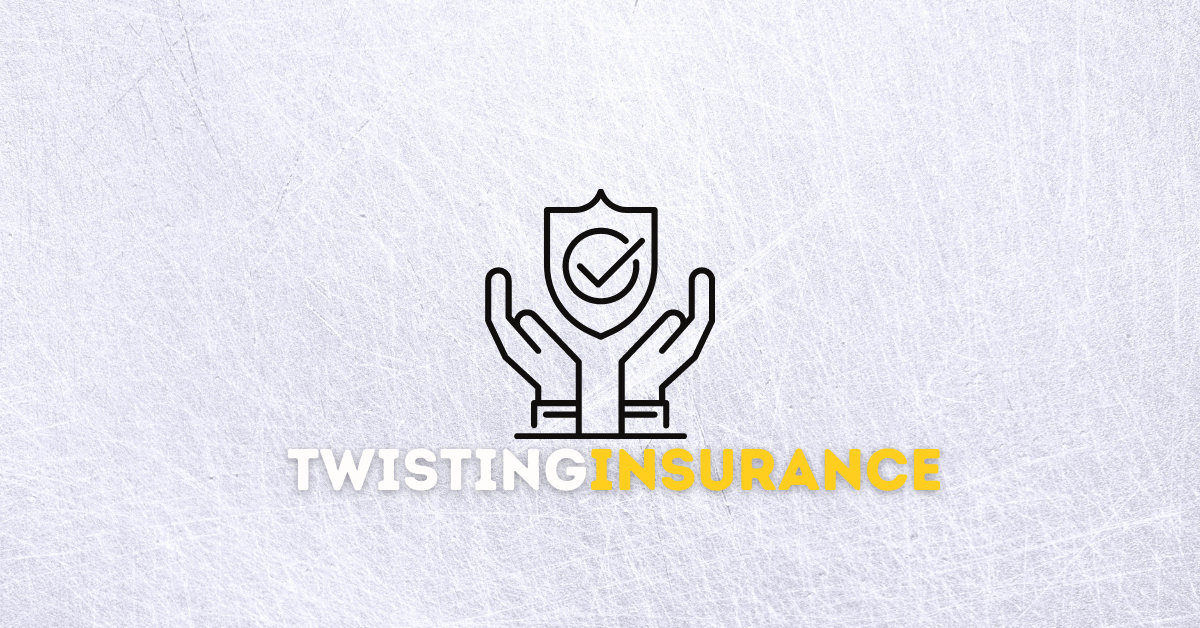When an insurance agent tries to sell a policy to a client by misleading information and sales strategies, this is known as insurance twisting. This practice can be a deceptive sales strategy for agents who are desperate to close a sale. As the buyer, you may be tempted to buy a new policy, or at the very least, switch to a more expensive one. Either way, you'll be getting scammed and the process won't end well.
While not all cases of insurance twisting are illegal, the new benefits may outweigh the lower premiums. However, an unrealistically low premium may be a sign of an insurance scam. The agent must have exaggerated or misleading information in order to make the sale. Typically, an agent will give you the full story to increase the sale, so you should always be wary of this type of sales technique. When in doubt, ask questions.
The most common case of insurance twisting occurs when an agent tries to persuade a consumer to purchase a new policy or change an existing one. The agent should always give you a full disclosure about a new policy or plan before you agree to it. A fraud agent should not try to convince you to purchase a policy when there are better options available. When the agent tells you that your current policy has better coverage, it is a sign of insurance twisting.
When an insurance agent tries to persuade a customer to change their insurance coverage by inflating the premium, you may be the victim of insurance twisting. When an insurance agent gives you false information, he is likely to make up an imaginary benefit to entice you to purchase a new policy. This is a scam and must be investigated immediately. The good news is that there are many ways to avoid insurance twisting. It is possible to switch your coverage without a major change.
A scam is when an insurance agent promises you something that isn't true. A scam will have a high premium and lower coverage, and then endanger the insured. The insurance company will be forced to reimburse you for the difference, which will cost you even more money in the long run. Likewise, a fraud agent can change the policy based on a false information. The result of the scam is a false claim.
The best way to avoid a twisting insurance scam is to shop around. It's best to shop around for the best rates and policies that will cover you for as long as you need it. This can help protect you from fraudulent insurance agents. You can also be able to report this action to your state insurance commissioner. You can report an insurance agent for violating the law if you notice that he's making an effort to manipulate you.
When an insurance agent is attempting to influence you to change your current policy, you're most likely to end up getting a fake one. Instead of giving you the exact same coverage as your current policy, he or she will try to twist you into making changes to it that are not in your best interest. It's best to stay away from this type of insurance, and find a better option. You'll be much happier with the results.
It's important to know that twisting is a type of insurance fraud that involves misrepresenting the benefits of a policy. In particular, this type of insurance fraud can be a scam because an agent can misrepresent the benefits of a policy. Ultimately, the person in question will be ripped off by the insurance company and face the consequences. A lawyer can help you protect your interests and prevent the scam from occurring.
When an insurance agent suggests that you should change your policy, you can legally sue. In the event of a scam, you can report the insurance agent to the state insurance commissioner. The state insurance commissioner will then investigate the matter. This can result in a criminal conviction, so you should be careful. If the insurance agent misrepresents the benefits of the policy, it is not a valid one. In addition, it can also affect your health and welfare.






0 Comments